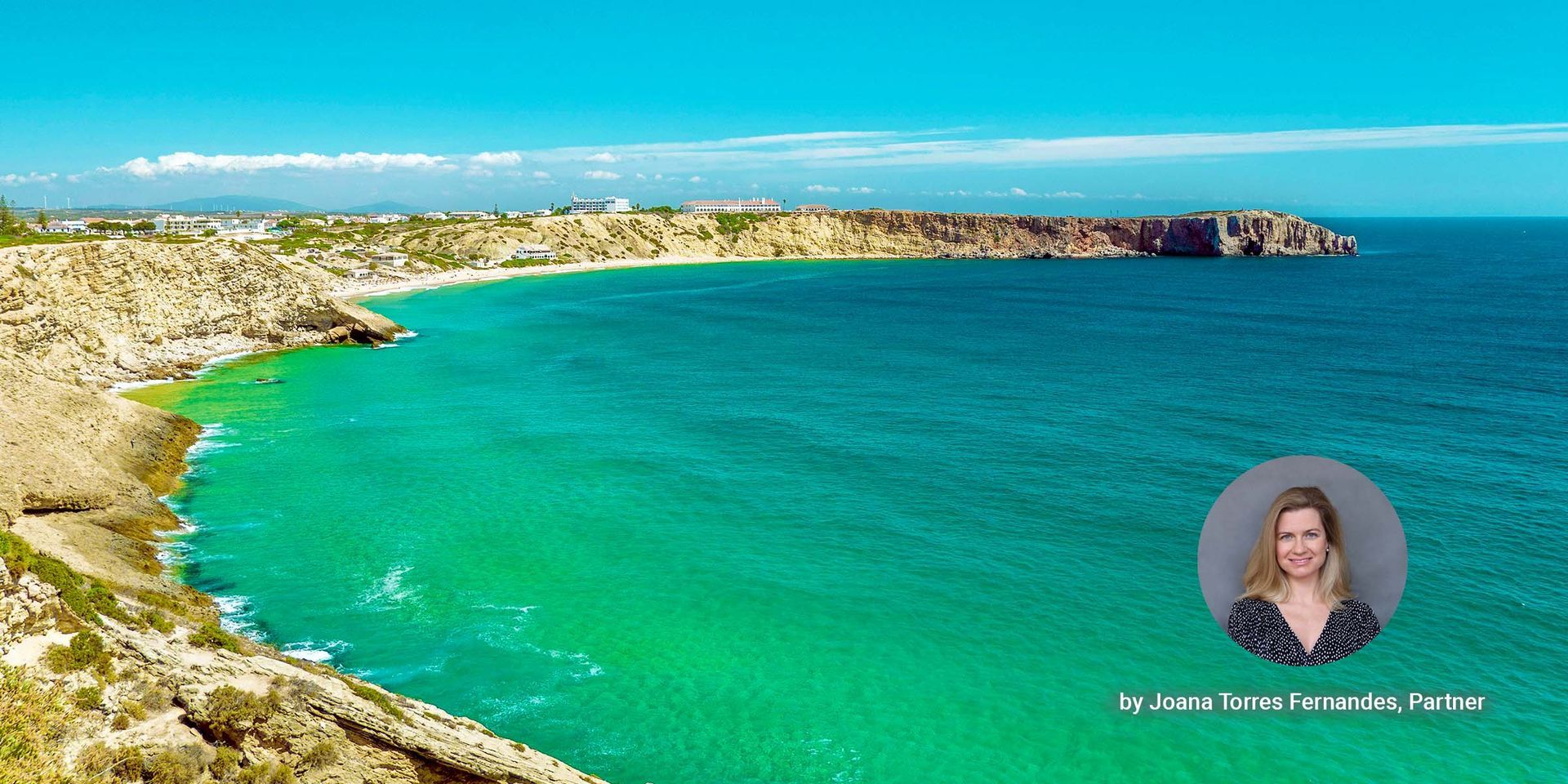IRS: The Personal Income Tax in Portugal

Vasco Apolinário Rodrigues | Lawyer
The Personal Income Tax in Portugal is translated to "Imposto sobre o Rendimento das Pessoas Singulares" in Portuguese. The income received by individuals is taxed under the Portuguese Personal Income Tax Code.
There are two different kind of people that may be subject to Personal Income Tax in Portugal:
- Tax residents in Portugal are obligated to pay taxes on their worldwide income.
- Non-residents in Portugal which are only taxed on their income sourced within Portugal.
Individuals who are considered tax residents in Portugal or who earn income sourced within Portugal are required to file a Personal Income Tax Annual Declaration (i.e. Tax Return).
Taxpayers are currently able to file their Portuguese Tax Return for the 2023 fiscal year, with the filing period open from 1st April to 30th June, 2024. This means that individuals who are required to submit a tax return should do so during this timeframe and the failure to submit a Tax Return by the legal deadline or submitting it after the deadline can result in penalties and the loss of certain tax benefits. So, it is important for taxpayers to ensure that they file their tax return on time to avoid any potential penalties and preserve their eligibility for applicable tax benefits.
The most efficient and expedient way to file a tax return is through electronic submission via Portal das Finanças. However, to submit a tax return electronically, taxpayers must first be registered or register on Portal das Finanças and request an access password.
To prepare their tax return, taxpayers must have access to the following information and documentation:
- Their tax identification number, as well as the tax identification numbers of any household members, if applicable.
- Access to their Portal das Finanças account, including the access password for themselves and any household members, if applicable.
- Supporting documentation for income received and any deductible expenses claimed, which may vary depending on the individual taxpayer’s circumstances.
- Their bank accounts IBAN and SWIFT code.
The different types of taxable incomes are divided into different categories according to the Portuguese Personal Income Tax Code, which are as follows: Employment income (Category A), Self-employment income (Category B), Investment income (Category E), Rental income (Category F), Capital Gains (Category G) and Pension income (Category H).
Each of these categories has a specific tax assessment method and it is subject to different tax rates so the correct qualification of the income and the correspondence to each category is essential to calculate the annual aggregate income and the annual taxation of each taxpayer.
At the end of each “tax year”, the annual taxable income is determined by calculating the declared income on the Tax Return. This calculation considers the taxpayer's income and any expenses that may be deductible from that income, resulting in the final amount of taxable income for the year.
Taxpayers may be able to deduct various types of expenses from their taxable income, including but not limited to health-related expenses, educational expenses, housing expenses, VAT on maintenance and repair costs for vehicles (including cars, motorcycles, and other modes of transportation), public transportation expenses, veterinary costs, and other qualifying expenses.
To claim deductions for eligible expenses and accurately calculate the amount of tax owed, it is important for taxpayers to ensure that their tax number is included on all invoices for goods or services that could be considered deductible expenses. However, to officially deduct these expenses from the annual income, the invoices for the deductible expenses must be validated in the taxpayer's Portal das Finanças account.
For the beneficiaries of the NHR Regime, it is important to note that it grants tax benefits such as the application of a flat tax rate of 20% on employment income or self-employment from the performance of a High Added Value Activity, a 10% flat tax rate on pension income, or exemption of certain taxation of investment income.
The correct classification of income is crucial for taxpayers who wish to take advantage of the NHR Regime. Misclassification of income on an annual tax return can lead to incorrect taxation of a taxpayer's income, potentially resulting in missed opportunities to benefit from the NHR Regime. As such, properly filling out and submitting an accurate annual tax return is crucial for taxpayers who want to take full advantage of the NHR Regime.
In conclusion, it is important to highlight that accurately filling out and submitting a tax return on time is essential for taxpayers who want to ensure that they are taxed based on their actual income earner. Therefore, whenever it is required to submit a tax return, seeking advice is highly recommended to ensure that the process is handled correctly.
If you have further questions regarding this matter, get in touch with Vasco Apolinário Rodrigues and he will be delighted to assist you.

© COPYRIGHT 2023 LVP ADVOGADOS, ALL RIGHTS RESERVED PRIVACY TERMS & CONDITIONS LEGAL STATEMENTS










